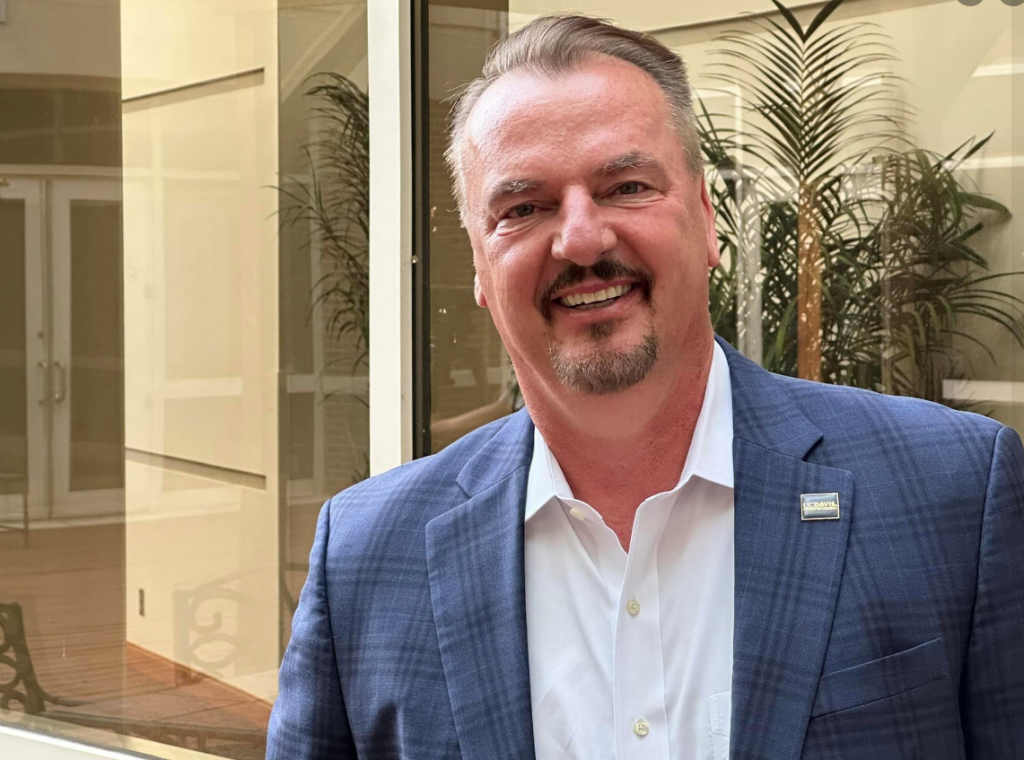
At the Cattlemen’s Conference, Senior Farm and Ranch Broadcaster, Ron Hays, talked with Dr. Frank Mitloehner of the University of California, Davis, about the value of the cattle industry as it relates to climate change.
The most concerning greenhouse gas when it comes to animal agriculture, Mitloehner said, is methane.
“Methane is interesting because it is really a different beast compared to the other ones,” Mitloehner said.
Cattle, swamps, and more produce methane, Mitloehner said, but it is naturally destroyed within about ten years.
While there is a constant source of methane emitted by cow herds, Mitloehner said it is not contributing to additional global warming because a similar amount of what is produced is also destroyed.
“The same is not true for other greenhouse gases, and so vehicle emissions, for example, just accumulate in the atmosphere,” Mitloehner said.
Decreasing methane emissions, Mitloehner said, will decrease global warming.
“That is something that can help the livestock sector become part of a climate solution, because there are ways we can reduce methane that are cost-effective and have a really good impact on climate,” Mitloehner said.
Farmers can be paid to reduce emissions, Mitloehner said, and many farmers are covering their lagoons and trapping biogas (much of which is methane) and converting it to transportation fuels.
“We now have a new ‘gold rush’ in the state of California in our dairy sector to find ways to reduce this gas because it does not just make ecological sense, but it also makes economic sense,” Mitloehner said.
Mitloehner also talked about feed supplements for beef and dairy cattle that can help reduce methane emissions while improving performance. Companies such as Starbucks, Mitloehner said, are paying their supplying beef and dairy producers the cost of the feed additives to reduce those emissions.
The discussion on carbon footprint is not going away, Mitloehner said, as companies are going to continue to ask questions, and if a producer will not participate in the conversation, there is another producer who will.
Mitloehner talked more with Hays offering fascinating information on the cattle industry’s role in reducing methane emissions. Click the listen bar above the story to hear the full conversation!















